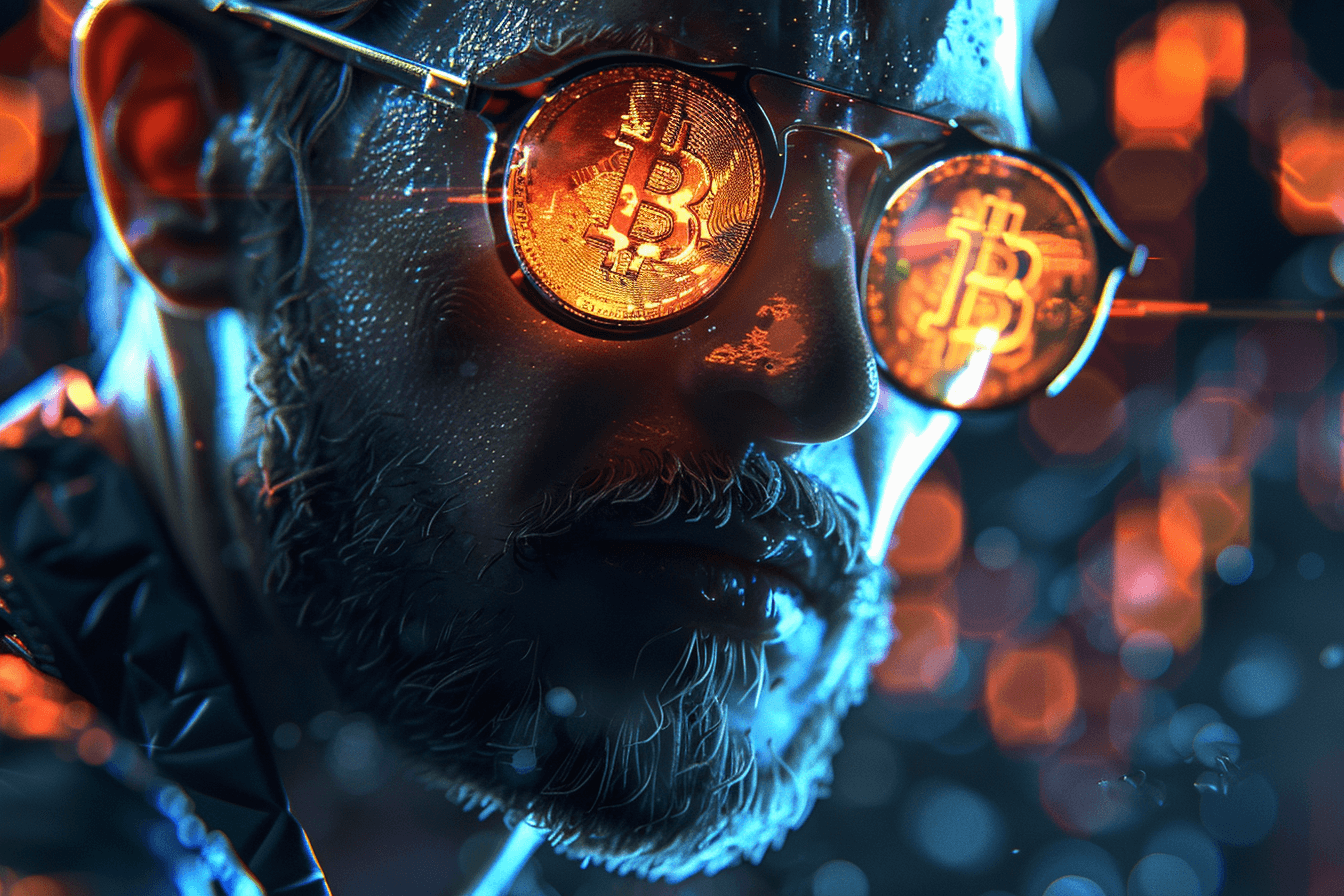President Nayib Bukele he confirmedthat El Salvador continues to buy one bitcoin per day and has been doing so since 2022. The country will continue this policy until this becomes impossible.
Nayib Bukele talks about the “one bitcoin, one day” program
The “1 Bitcoin a Day” program was initiated on November 18, 2022, when Bukele announced that his country would purchase one Bitcoin every day. He has now provided an update to the program, stating that El Salvador will continue to acquire cryptocurrencies until “bitcoin becomes unavailable for fiat currencies.”
We also learned that the government has decided to move a large portion of its bitcoins to a cold wallet.
All of the above is part of a broader strategy. Let us remind you that in 2021 El Salvador became history, becoming the first country to recognize bitcoin as legal tender (along with the US dollar). The authorities moved in this direction despite warnings from the International Monetary Fund (IMF).
Since then, the country has been acquiring bitcoins in a variety of ways, including purchasing and mining. For this purpose, a public network of bitcoin machines has been created (415 devices, for comparison, there are 284 bitcoin machines in Poland) and there are plans to build Bitcoin City, a city of new technologies, which would be a regional center of innovative companies.
Venture capitalist Tim Draper believes that pro-Bitcoin policies will transform El Salvador into one of the richest countries in the world. Last month, Bukele confirmed that the government had no intention of selling any of its bitcoins, emphasizing that “ultimately 1 BTC = 1 BTC.”
The dark side of El Salvador
Everything sounds great. The problem is that the president's policy is controversial. The above-mentioned IMF accused him of taking too much risk (another thing is that so far everything has paid off for the country). The parliamentary opposition also protested against recognizing BTC as a means of payment.
Bukele himself is considered “the coolest dictator in the world.” He was recently elected president for the second time. This despite the fact that El Salvador's constitution prohibits running for re-election. His party, New Ideas, won the parliamentary elections. And in this field, there were accusations that everything was done in an undemocratic way.

